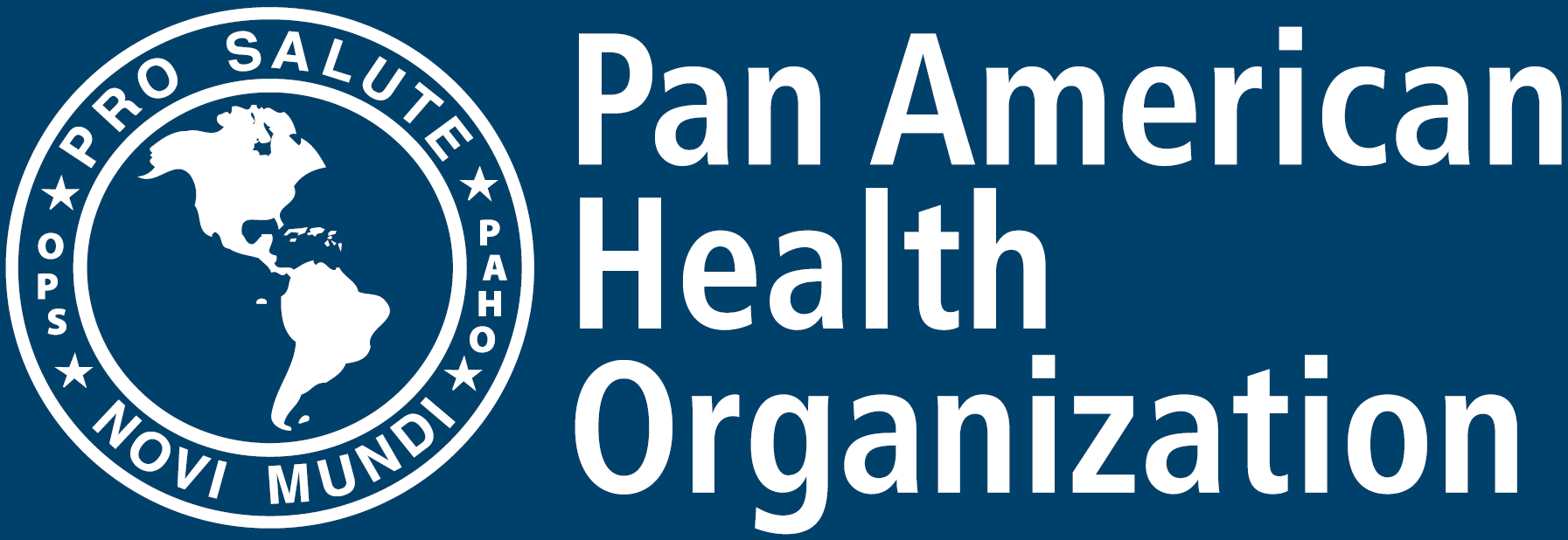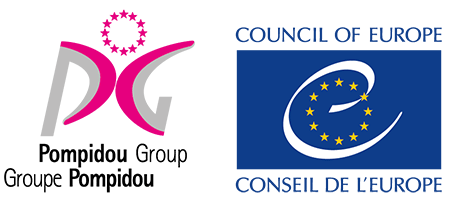The objective is to decongest and prevent recidivism for drug-related offences among people in prison. The current prison systems in the region of Southeast Asia are over-capacity, impacting prison conditions and rehabilitation effects of people with drug use disorders. This initiative will provide a model for evidence-based treatment interventions in low resource prison settings, while establishing opportunities for diversion from criminal justice systems.
During a previous INL-funded project in prisons focused on COVID-19 prevention and control in prison, issues related to incarceration of people with drug use disorders were hilighted. In most of the countries in the region, drug-related offences remain the highest contributor to incarceration rates, with many inmates in custody for possession or use. These issues are compounded by health systems which can be punitive in nature and where effective treatment inside prison settings is rarely available. While improving treatment and rehabilitation in prison will be a priority of the initiative, it cannot be addressed without diversion strategies. Through this initiative we propose reviewing the existing policy and legal frameworks to highlight gaps and opportunities for pre-arrest and pre-trial diversion.
Link to relevant materials:
Alternatives To Incarceration Documents
Drug Prevention and Treatment - UNODC WHO Alternatives
UNODC has actively supported multiple initiatives focused on criminal justice matters and health in prisons in Southeast Asia. In Indonesia, UNODC provided technical support for the establishment of an integrated online Prison Health Information System, connecting public health systems inside and outside prison facilities. In Thailand, UNODC aided in capacity building for prison officials to assist individuals with drug use disorders and facilitated the implementation of a family court diversion mechanism for drug-related offenses. Moreover, UNODC's support extended to addressing human rights challenges, exemplified by initiatives such as the early release program for elderly people deprived of liberty in the Philippines and advocacy dialogues in Malaysia seeking an amendment of existing laws to enable viable, evidence-based alternatives.
- Conduct analysis of existing laws and policies to identify opportunities for alternatives to incarceration and engage in policy dialogues, leveraging the analysis to foster consensus on viable alternatives.
- Perform an assessment of the drug treatment systems in prison and current available resources associated therein and utilize the findings to devise an intervention model tailored for overcrowded, resource-limited settings targeting individuals using synthetic drugs.
- Train healthcare providers to conduct screening and assessment and implement associated protocol responding to the needs of people in prison with synthetic drug use disorders.
- Continuity of care - Support linkages to health and social welfare services for people with synthetic use disorders in prison to services in the community.
A practical model for interventions in low resource prison settings targeting people with synthetic drug use disorders is developed and available for other regions to pilot.
Improved knowledge among prison health providers on treatment and associated health interventions for people who use synthetic drugs measured by pre and posttest questionnaires.
Increased knowledge of the practical opportunities for alternatives to incarceration within the legal and policy system among relevant stakeholders.
Realization of 10% reduction in recidivism among those incarcerated for minor use and possession of synthetic drugs.
Current State Participants
In varying degrees, we are supporting alternatives to incarceration in Thailand, the Philippines, Indonesia and Malaysia.
Benedikt Hofmann, Deputy Regional Representative, Unite Nations Office on Drugs and Crime, Regional Office for Southeast Asia and the Pacific. Email- benedikt [dot] hofmann [at] un [dot] org (benedikt[dot]hofmann[at]un[dot]org)




